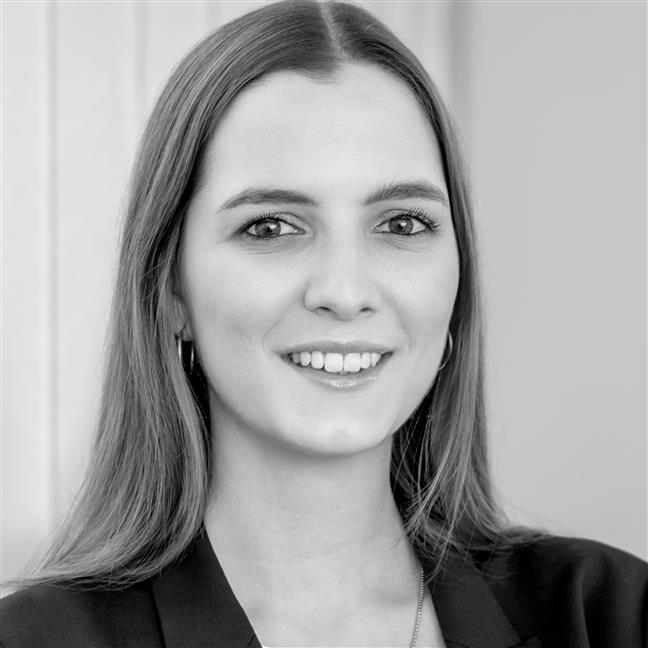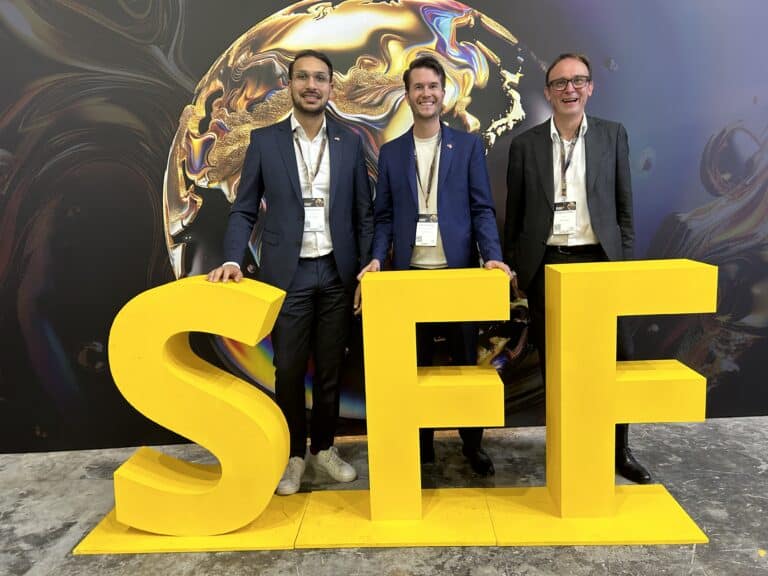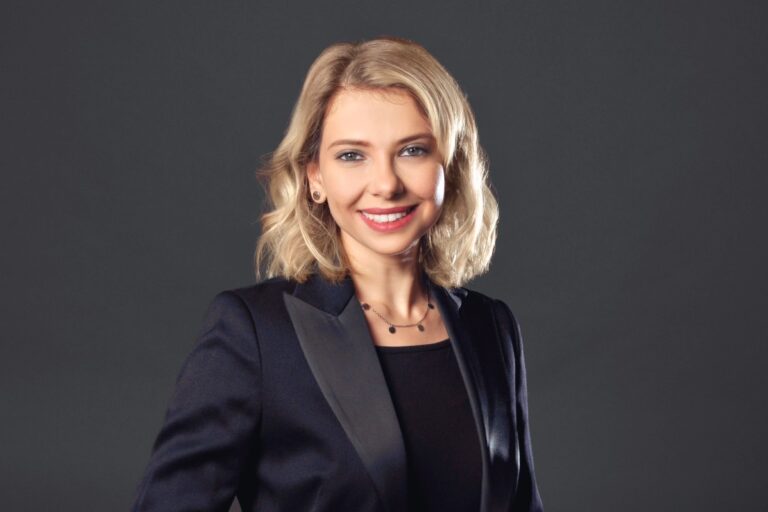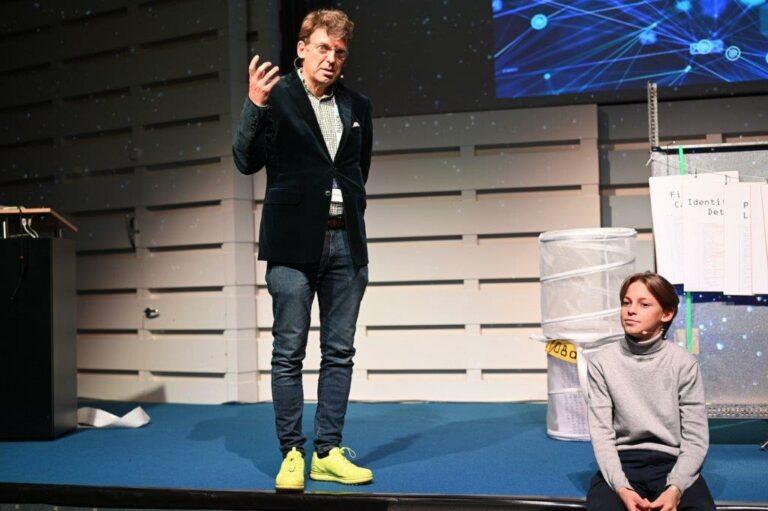A brief overview of the digital asset market
The market value of cryptocurrencies has more than doubled to EUR 1.74 trillion since the beginning of 2023.[1] The largest cryptocurrencies, Ether and Bitcoin, have shown a steep recovery. Following the crypto winter setback, the digital asset sector in Europe has stabilized. Many of the leading organizations in the financial services sector are reprioritizing their goals to become active market participants and are investing in digital asset infrastructure.
The market volume of digital assets in Europe (including Switzerland) is expected to grow to EUR 3.7 trillion by 2030. A significant share of the European market for cryptocurrencies and security tokens is accounted for by Germany and Switzerland, which together have a market share of around 30%.[2] Looking at Germany, which has the biggest cryptocurrency market in Europe, major banks and exchanges are forecasting increased demand in the coming years from both institutional and retail investors.
The introduction of the MiCAR will also create a comprehensive regulatory framework at EU level that will uniformly regulate the market infrastructure for digital assets in one of the world’s largest domestic markets, replacing existing national regulations on an EU-wide basis.
The MiCAR is the first EU-wide regulation for crypto assets and services. It creates legal certainty around crypto assets and services and dismantles regulatory obstacles within the disjointed regulatory frameworks across the EU. The MiCAR expands the utilization of transformative technologies in the financial sector, particularly regarding distributed ledger technology (DLT). It aims to enhance consumer and investor protection as well as market integrity for crypto assets in Europe.
MiCAR’s classification of crypto assets and services
MiCAR unveiled: Part 1
The MiCAR distinguishes between three categories of tokens that are not currently included in existing regulatory frameworks: e-money tokens, asset-referenced tokens, and non-asset-referenced tokens.
The MiCAR also deals with services such as digital assets custody, brokerage, and issuance. Alongside these regulatory measures, the MiCAR outlines organizational obligations that must be met by providers of these services. Market players can benefit from MiCAR passporting which allows companies to operate throughout the EU with a single license.
MiCAR crypto services are subject to the following authorization procedures: notification procedure, simplified licensing procedure, and standard licensing procedure.
General and specific requirements for crypto asset service providers
MiCAR unveiled: Part 2
The MiCAR formulates requirements for CASPs (crypto asset service providers) regarding the business services offered. A distinction is made between general and specific requirements. General requirements apply to all CASPs and include various mandatory provisions such as behavioral and communication requirements, minimum capital requirements, and organizational obligations.
Specific requirements are defined along certain crypto asset services and relate to services such as token issuance, crypto custody, crypto brokerage, and crypto advisory services. The concrete requirements are presented in this article using crypto custody as an example.
Navigating through MiCAR’s licensing processes
MiCAR unveiled: Part 3 (We will be linking to this article soon. So check back when you get a chance!)
The European Union has established three distinct approaches for securing a license under MiCAR, each of which is tailored to specific financial service providers based on their previous service provision. The licensing processes can be distinguished by the following: targeted institutions, need for action and timeline of application.
- The notification procedure is the least complex one and targets EU-regulated financial institutions that offer services equivalent to those under MiFID II.
- The simplified licensing procedure necessitates additional information and may be requested during the “grandfathering” period.
- The standard licensing procedure is the most complex, requires extensive Information and applies to the remaining asset-service providers not covered by the other two methods.
MiCAR passporting allows financial institutions authorized and regulated in one EU country to offer their licensed crypto services and products in other EU member states without having to apply for a separate crypto services license in each of these countries. The goal of MiCAR passporting is to facilitate the integration and free trade of crypto services within the EU single market. Compared to non-EU countries such as Switzerland, MiCAR passporting has the advantage that financial institutions can scale a license once it has been acquired with few resources and quickly drive forward the internationalization of crypto services.


























